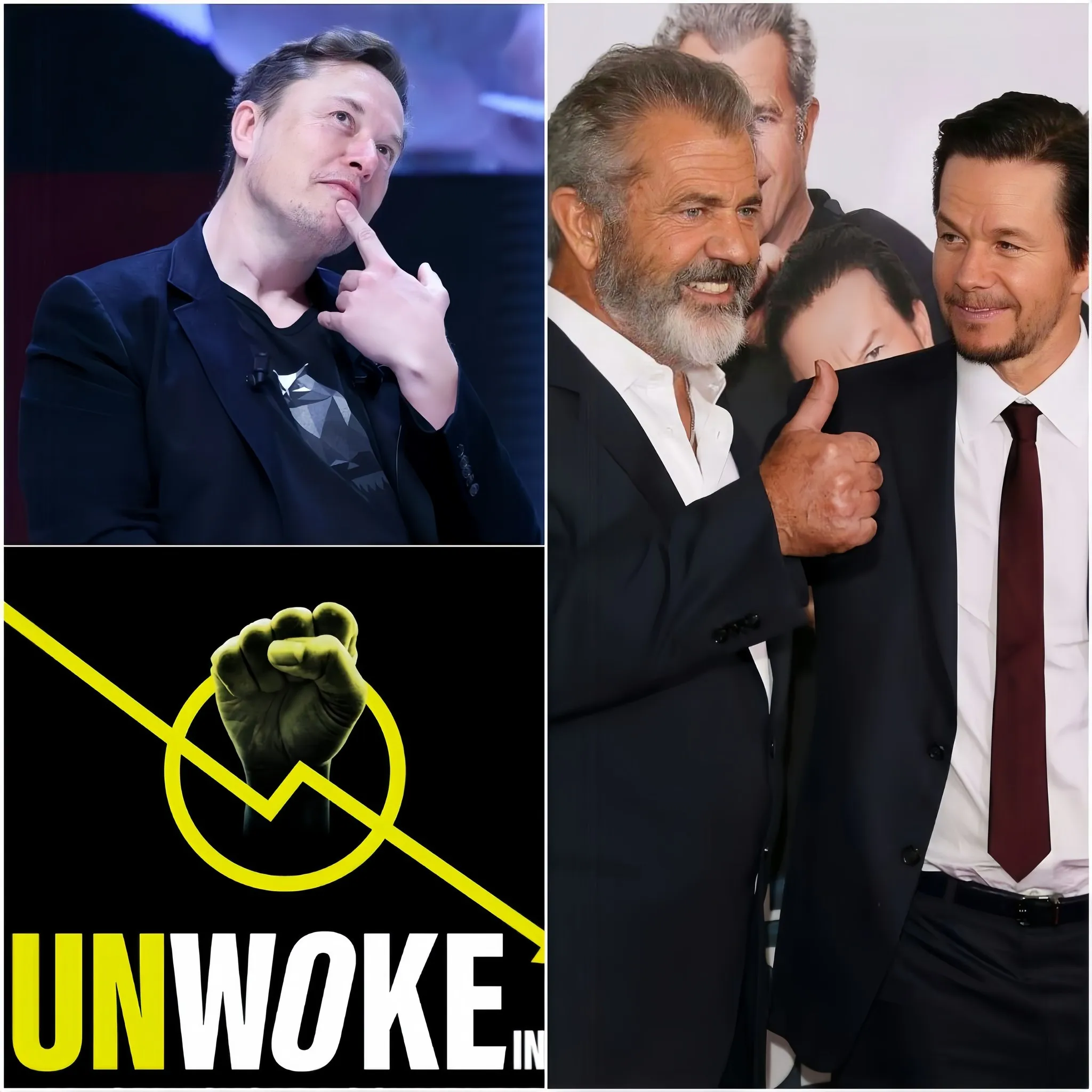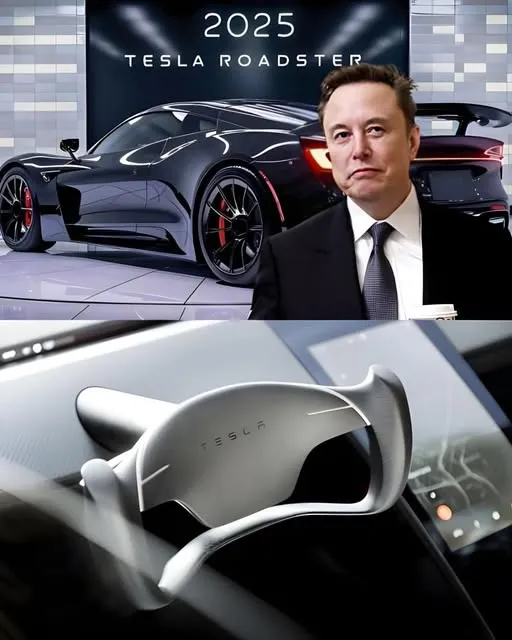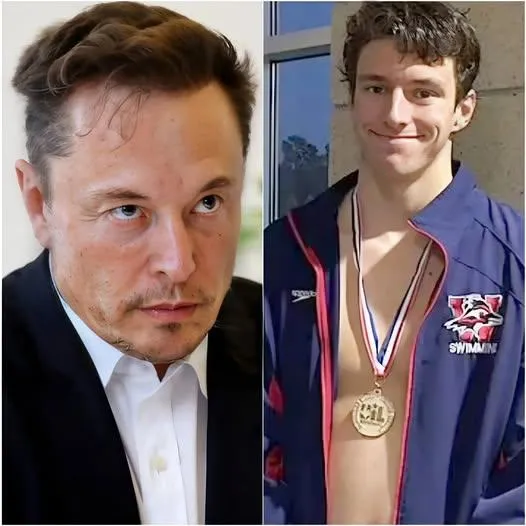
Elon Musk, known for his influential yet often provocative presence on social media, has once again ignited a firestorm of debate. On Twitter, he posted: “No biological men in women’s sports,” accompanied by a 🚫⚽ emoji. The statement, while brief, triggered widespread discussions across the platform, drawing both praise and backlash.
Musk’s tweet touched a nerve in a highly contentious and polarized topic. The issue of transgender athletes competing in sports categories aligned with their gender identity has been a focal point in recent years. Advocates for inclusion argue that transgender individuals should have the right to compete in categories consistent with their identity. On the other hand, critics believe that biological differences create unfair advantages in certain sports, particularly when it comes to strength, speed, and endurance.
The tweet quickly gained traction, amassing thousands of likes, retweets, and comments within hours. Supporters of Musk applauded him for addressing what they perceive as an imbalance in the sports world. Many highlighted recent cases where transgender athletes achieved dominant victories in women’s sports, claiming that it undermines fairness and competition. “Finally, someone with influence is saying what many of us are thinking,” one user commented, echoing sentiments shared by many others.
However, Musk’s statement also sparked significant outrage. Critics accused him of oversimplifying a complex issue and perpetuating exclusionary attitudes toward transgender individuals. LGBTQ+ advocates emphasized that transgender athletes often face systemic barriers in sports and that such comments contribute to their marginalization. “This kind of rhetoric is harmful and dismisses the humanity of transgender people,” a prominent activist tweeted in response.

Several professional athletes and sports organizations weighed in, adding depth to the discourse. Some expressed support for Musk’s position, arguing that preserving fairness in competition is essential to the integrity of sports. Others pushed back, stressing the importance of fostering inclusivity and understanding the nuances of gender identity. The debate extended beyond Twitter, with news outlets, podcasts, and sports analysts delving into the topic.
The scientific community also played a role in the discussion, with experts presenting differing perspectives. Some researchers argued that biological differences, such as testosterone levels and muscle mass, provide a significant advantage in certain sports. They suggested that existing guidelines for transgender athletes may need revision to ensure fair competition. Conversely, other scientists highlighted that the impact of hormone therapy on performance remains complex and that broad generalizations fail to account for individual variability.
The legal and regulatory frameworks governing transgender participation in sports have also come under scrutiny. In recent years, organizations like the International Olympic Committee (IOC) and national sports federations have implemented policies to address these concerns. The IOC, for instance, allows transgender women to compete if their testosterone levels remain below a certain threshold for a specified period. Yet, these policies remain contentious, with ongoing debates about their adequacy and fairness.
Musk’s tweet also reignited broader conversations about the role of public figures in shaping societal debates. Critics questioned whether someone with Musk’s influence should weigh in on such sensitive topics without offering a nuanced perspective. Supporters countered that his straightforward approach resonates with a large audience and sparks necessary conversations. The billionaire entrepreneur is no stranger to controversy, often using Twitter to voice opinions on matters ranging from politics to technology.
The intersection of sports, gender, and biology is undeniably complex, and finding common ground remains challenging. Proponents of inclusion stress that transgender athletes are not a monolithic group and that each individual’s journey involves unique circumstances. They argue for policies that balance fairness with empathy, ensuring that sports remain a space for everyone to participate and thrive. Opponents, however, maintain that safeguarding competitive integrity should take precedence, particularly in elite competitions where even small advantages can determine outcomes.

As the debate rages on, the implications extend far beyond the sports arena. The conversation touches on broader societal issues, including gender equity, human rights, and the influence of social media in shaping public opinion. Musk’s tweet may have been only a few words long, but its ripple effects continue to spread, illustrating the power of a single statement to ignite a global dialogue.
In the days following the tweet, Musk has neither elaborated on nor retracted his comment. This silence has only fueled further speculation about his intentions and stance on the matter. Whether his words will lead to meaningful change or merely add to the polarization remains to be seen. For now, the tweet stands as another example of how social media platforms amplify discussions that reflect the complexities of modern society.



